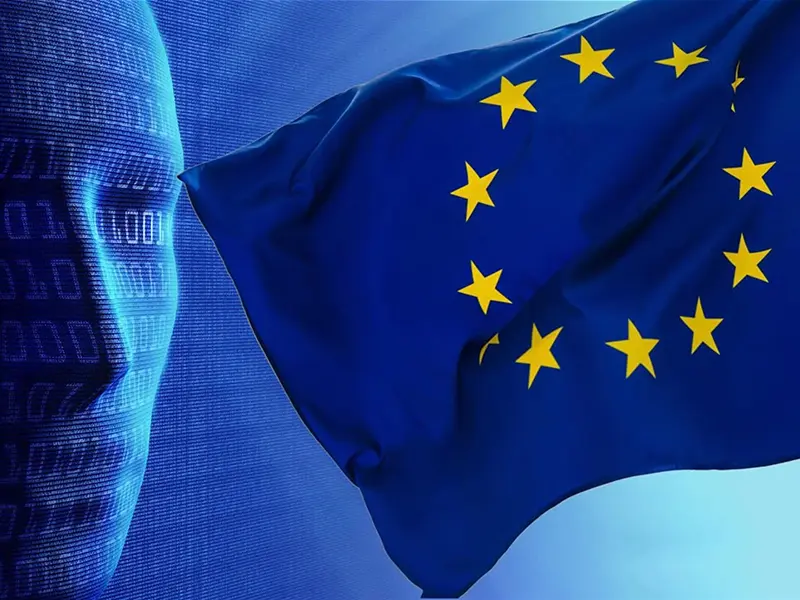- Member state representatives have adopted the European Union’s AI Act, a risk-based approach to artificial intelligence regulation.
- The AI Act is anticipated to become law before the summer of 2026.
Following the endorsement of a political agreement by EU nations in December, Europe is on the verge of implementing regulations restricting the use of AI and AI models, including Microsoft’s ChatGPT.
Historic AI Act endorsed by member states
The regulations, proposed by the European Commission three years ago, aim to establish a global standard for technology used in various sectors, such as banking, retail, automotive, and aviation industries.
The regulations specifically address the application of AI by governments in biometric monitoring, as well as the control and supervision of AI systems like ChatGPT.
They also provide guidelines for the military, law enforcement, and security applications of AI.
According to EU industry chief Thierry Breton, the Artificial Intelligence (AI) Act is a global first and a historic step. In a press release, he stated, “Today, member states endorsed the political agreement reached in December, recognising the perfect balance found by negotiators between innovation and safety.”
Also read: Google splits up a key AI ethics watchdog
EU commissioner urges regulations amid deepfake concerns
Experts are particularly concerned about the rise of deepfakes – realistic but artificial films produced by AI algorithms trained on vast amounts of internet footage. Generative AI-generated content on social media may blur the line between reality and fiction in public life.
The EU’s digital commissioner, Margrethe Vestager, highlighted the need for new regulations, pointing to the rise of phony, sexually suggestive pictures of pop star Taylor Swift on social media.
She posted on X, “What happened to @taylorswift13 tells it all: the #harm that #AI can trigger if badly used, the responsibility of #platforms, & why it is so important to enforce #tech regulation.”
Also read: Taylor Swift AI images are ‘shocking and scary’, says Satya Nadella
France drops opposition to AI Act
France, the last party to oppose the AI Act, abandoned its objection, making Friday’s agreement inevitable. This decision was reached in response to strict requirements that reduce the administrative load on high-risk AI systems and achieve a balance between openness and business secrets.
The goal, as stated by an EU diplomatic official on Friday, is to enable the development of competitive AI models within the bloc.
Germany supported the guidelines earlier this week as well.
The AI Act will next need to pass both the European Parliament’s vote in either March or April and a vote by a significant committee of EU legislators on February 13. Although some of the law will take effect early, it is expected to come into effect before summer and should be applicable in 2026.

